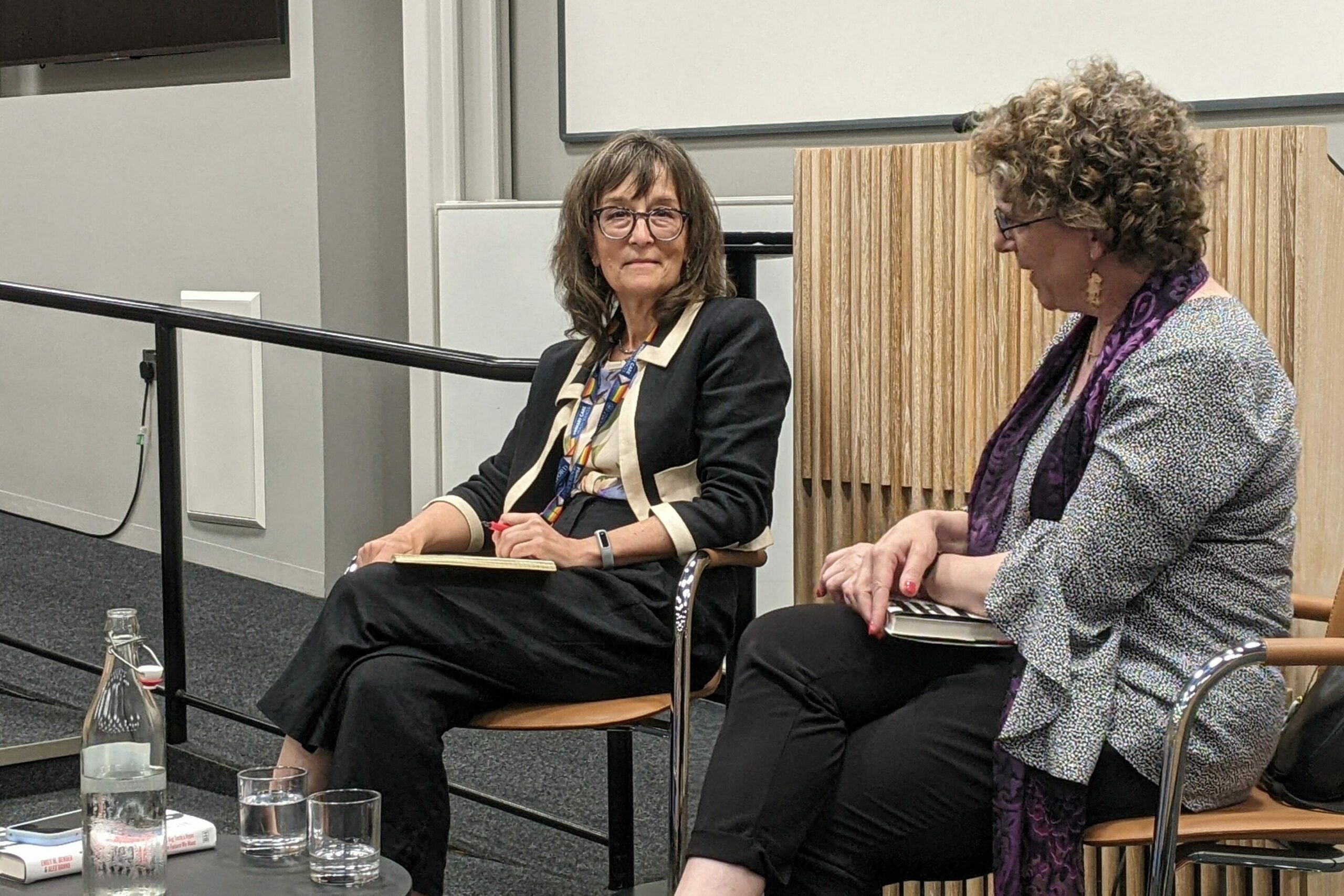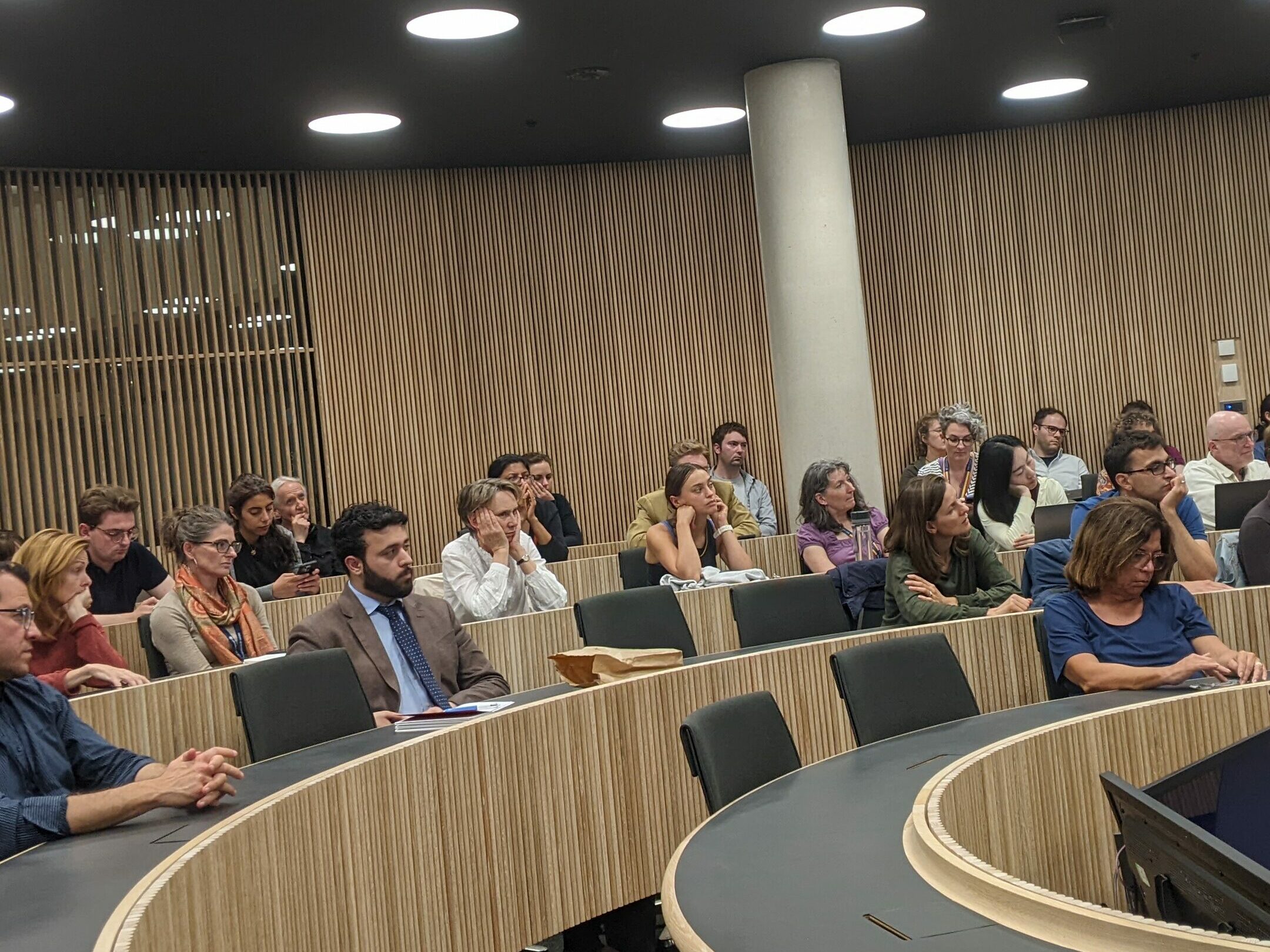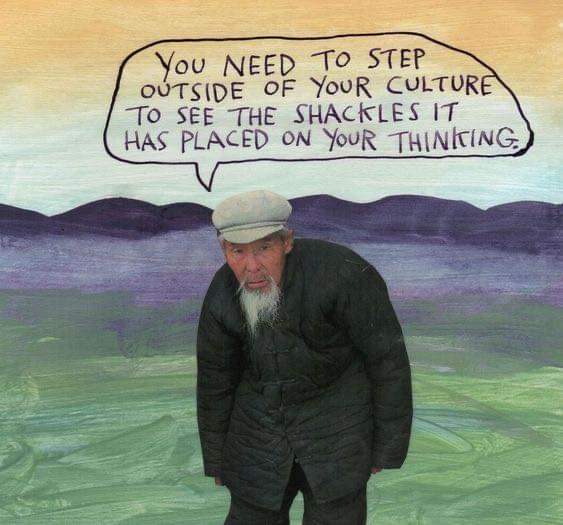The old flower beds of #Indymedia lie fallow, not dead. The seeds are still there, beneath layers of neglect, factionalism, and the noise of 20 years of failed “alternatives.” What we need now is not revolution or reinvention, but revival. A slow, careful re-rooting in the fertile ground of experience.
We don’t need to tear it down or rebuild from scratch. Almost all of what worked between 2000–2008 still works today, at least 90% of the original social structure is sound. Let’s focus instead on the missing 10%, the gaps that were never resolved. That’s where the real energy and creativity are needed. That’s where trust, experimentation, and diversity of tactics should guide us.
Change with Care: Soft Hands, Open Eyes – In today’s tech-social landscape, even the slightest structural changes can lead to rips and tears. And once those start, the momentum of destruction escalates. We’ve seen this over and over again: dogmatic reinvention, ego-driven platforms, over-complex redesigns, and every time, we’re left with more fragmentation and less power. Instead, we propose a path of slow change. Work with what already functions. Use the existing structure as a trellis to support new growth.
Let’s be clear:
#4opens is not dogma — it’s the distilled learning of 30 years of open-source and open-process practice.
#PGA Hallmarks are not just ideals — they’re the living legacy of thousands of grassroots organisers across decades and continents.
#Indymedia isn’t a romantic memory — it’s the real-world, working outcome of diverse radical media groups building something that worked.Indymedia only fell when it forgot the principles it was built on. When the foundations faded, it couldn’t flex under pressure, from internal disagreements or external attack. Let’s not make that mistake again.
Old Tools, New Wisdom – We don’t need saviours with shiny ideas. We need comrades with shovels. We need “elders” who are kind and sharp, who know when to step forward and when to stay quiet. Let’s embrace our role in this: gently holding the centre path, not controlling it. When someone passionate comes forward with a “better” idea, let’s respond with:
“How does that work with the #4opens?”
“Does it move us toward the PGA hallmarks?”If it does, let’s try it. If not, let’s compost it and try again. That’s the rhythm of real change.
Expect Mess. Build Anyway – Let’s not sugar-coat it. We live in a world collapsing under its own contradictions. #Brexit, #ClimateChaos, the digital enclosure of the commons, these aren’t trends, they’re symptoms of systemic failure. And into that storm, every grassroots effort will be met with confusion, conflict, and co-option.
Expect:
People driven by petty grudges and personal agendas.
NGOs smothering action with managerialism.
#Stupidindividualism hijacking community energy.
Waves of right-wing actors using open platforms better than the left.
The approach: Focus and fertility – The Open Media Network (#OMN) exists to nourish, not replace. It’s a shovel to compost the piles of #techshit and #NGO mess. It’s a network for linking what already works and rediscovering the strength of shared infrastructure.
This is what makes #IndymediaBack different from other “radical” tech revivals?
It’s built on lived practice, not theory.
It’s structured for diversity, not conformity.
It’s based on human trust, not techno-fetishism.
It’s deeply political — anti-capitalist, anti-authoritarian, rooted in care and collaboration.Yes, this is slow work, there will be times when things get ugly, when howling mobs throw shit, metaphorically and otherwise. Our job is to stay calm, stay focused, and keep the compost warm. Reviving Indymedia is not about nostalgia. It’s about learning from what worked, and building with care on that foundation. Let’s dig in. Let’s grow something together.
4Opens









